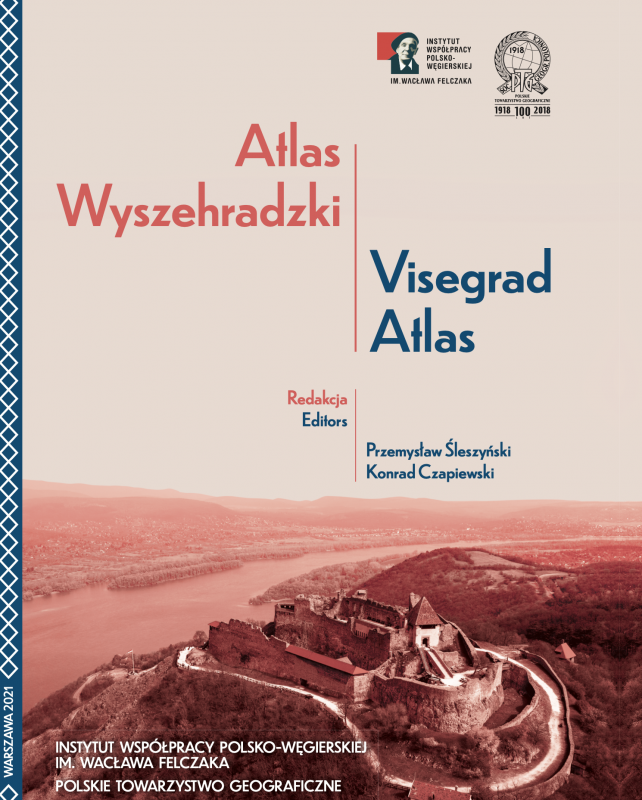Ladies and Gentlemen!
The Visegrad Group is a regional agreement, geographically embedded in Central Europe and politically in the architecture of the European Union. In the temporal dimension, the Visegrad cooperation refers to the cooperation of kingdoms and nations, which took place in the Middle Ages – the famous Visegrad conventions, while today it is necessary to deal with the heritage not very gracious for the Central European countries of the 20th century. Moreover, after 1989, the political leaders of Poland, the Czech Republic, Slovakia and Hungary, for the most part, decided to take advantage of the opportunity to return to this model of cooperation, which is alien to the thinking based on the search of Central European states for bigger protectors, and then act usually according to their will and not with their own raison d'etat.
By organizing themselves and taking advantage of this opportunity, which means a free and democratic Central Europe with its knowledge, spirit, energy and potential, the societies of the Visegrad states seem to be more and more aware of the existing community of interests and the power of mutual dependence, where the success of some means the success of others. In many areas concerning broadly understood security, infrastructure, environmental protection or tourism, the dominant belief is that acting together means acting more effectively. It seems that the conviction that the degree of civilization development is not at all evidenced by the parities for one or another social group, openness to mass immigration, campaigns aimed at fighting the so-called "hate speech" or the amount of public subsidies for non-governmental organizations is becoming more and more common. The key to the future of countries and their citizens is the level of security, including social security: quality of health care, health condition of the society and the demographic situation in general, accessibility and level of education, communication and energy infrastructure. These and several other factors determine and will determine whether the Visegrad Group countries will be part of the first or second speed Europe. Whether in the global competition Central European countries will be closer to playing the role of Sisyphus or contemporary Hercules.

Ladies and Gentlemen!
Even the greatest historical processes and changing the course of events are the fruit of human activity and collective effort. Although we are not able to predict the future, including the future of the Visegrad cooperation, we can be aware of the direction in which the process, which we ourselves are co-creating, is heading. How valuable it is to have an accurate map, to have objective knowledge about the river, where we as Poles, Czechs, Slovaks and Hungarians are wading. How rich in water are the springs of this river? Do we know the most appropriate ways to use its resources? Where can its currents lead us to? What investments and activities does the river require?
The answer to these questions is drawn with a clear line by the authors of the Atlas of Visegrad countries, whom I have the honor to thank for their titanic work, all the readers and myself at the same time reminding this simple truth that no regional cooperation in the world is so good that it could not be better.
Maciej Szymanowski
Director of the Wacław Felczak Institute
for Polish-Hungarian Cooperation
